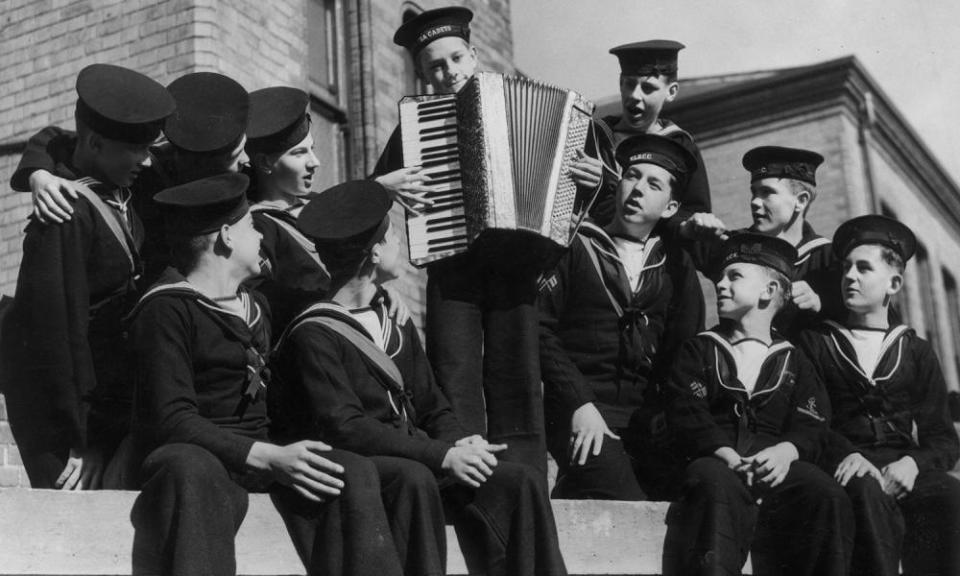Symphony in sea: a history of the word 'shanty'

Some relief from the gloom was recently afforded by a sudden craze on TikTok for sea shanties, sparked by a Scottish postman named Nathan Evans. Perhaps, because Britain had finally wrested back control of her fish, everyone was planning to retrain for a life of hard labour at sea. But why are they called “shanties”?
Related: The true story behind the viral TikTok sea shanty hit
The answer lies over the water in the perfidious EU, since “shanty” is a simple anglicisation of the French chanter (to sing) or chantez (“Sing!”), and began to be used thus in print in the mid-19th century. In his 1856 memoir of life as a merchant mariner, Charles Nordhoff says that the sailors’ foreman was known as the “chanty-man” because he sang the verses alone while the rest of the gang joined in at the choruses.
Sailors had of course been singing work songs for centuries already, but before the term was regrettably Frenchified they had been known simply as “sea songs” (1659) or in Gaelic jorrams (1774), and for task-specific chants yo-hopes (1724). Those despairing of social-media fripperies, meanwhile, may wish to utter the prayer for peace that closes TS Eliot’s The Waste Land: “Shantih shantih shantih.”
• Steven Poole’s A Word for Every Day of the Year is published by Quercus.

 Yahoo Finance
Yahoo Finance 